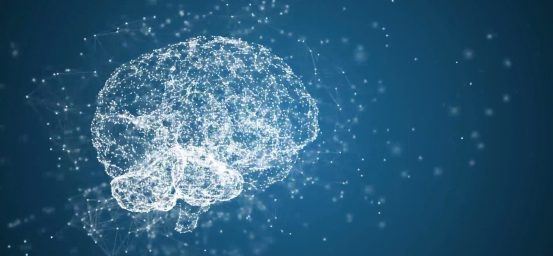Electroconvulsive therapy (ECT) can be an effective treatment option for patients suffering with severe depression episodes as well as severe mania, bipolar disorders, and psychosis. It is estimated that more than 40 million Americans suffer from depression and many see therapists and take medication, but not all see relief from the at times debilitating symptoms.
Advances in ECT treatment mean patients receive the gold standard of treatment for severe depression and other behavioral and mental health conditions. At CentraState, the state-of-the-art, precise treatment of today avoids the side effects that were sometimes an issue in the past and patients can see rapid improvement in managing severe symptoms.
HOW ECT WORKS
ECT involves administering a brief electrical current to the brain while patients are under anesthesia. Parameters like heart and brain activity are carefully monitored throughout the process and an ECT-certified psychiatrist, ECT-trained nursed and a dedicated anesthesiologist oversee the procedure. An individual, pain-free treatment lasts only 30 seconds to a minute. ECT is available on an inpatient and outpatient basis at CentraState.
While the exact mechanism of action is still unclear, research shows that ECT boosts the function and availability of neurotransmitters in the brain. These neurotransmitters deliver messages from one brain cell to another. The release of these chemicals make the brain cells work better, resulting in depressive symptoms being overpowered by improved brain cell function.
AN IMPROVED QUALITY OF LIFE WITH ECT

After a normal course of six to 12 treatments, three times per week, many patients with severe symptoms lead active, happier lives. In fact, 50-60% of patients report the treatment is effective in relieving symptoms of depression, with up to 90% symptom relief for treatment of depression with psychosis. In addition, ECT is also associated with decreased psychiatric hospitalization rates and reduced long-term risks of suicide, according to studies published in JAMA Psychiatry.
Patients often notice an improvement in symptoms after two to three sessions and describe the treatment as lifesaving, leading to major improvements in their daily lives.



